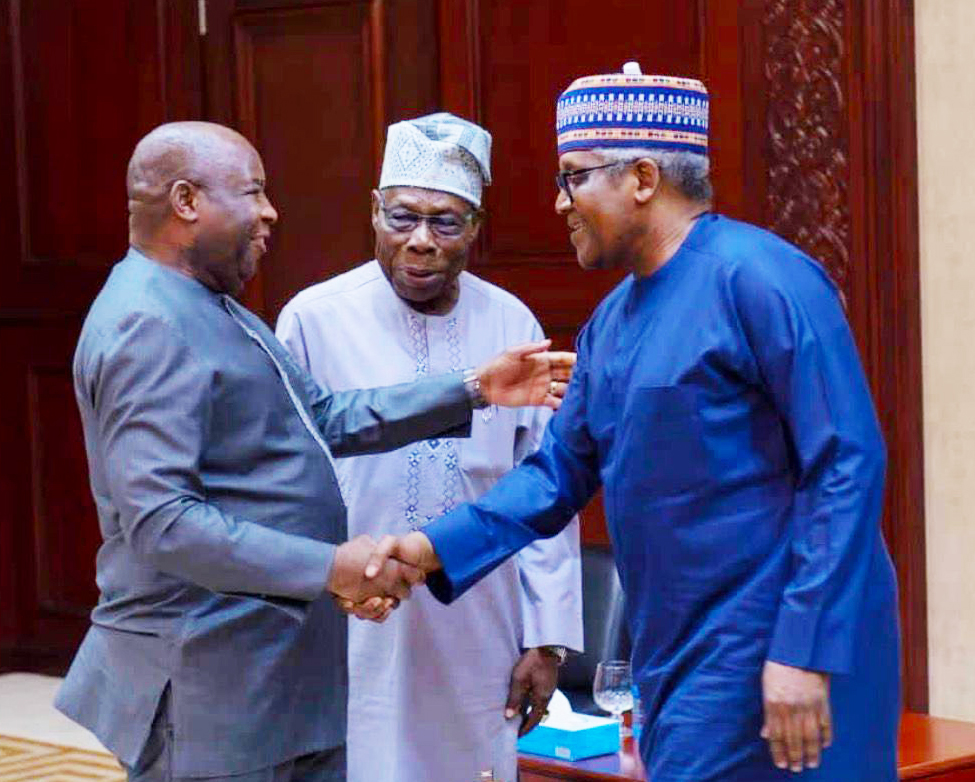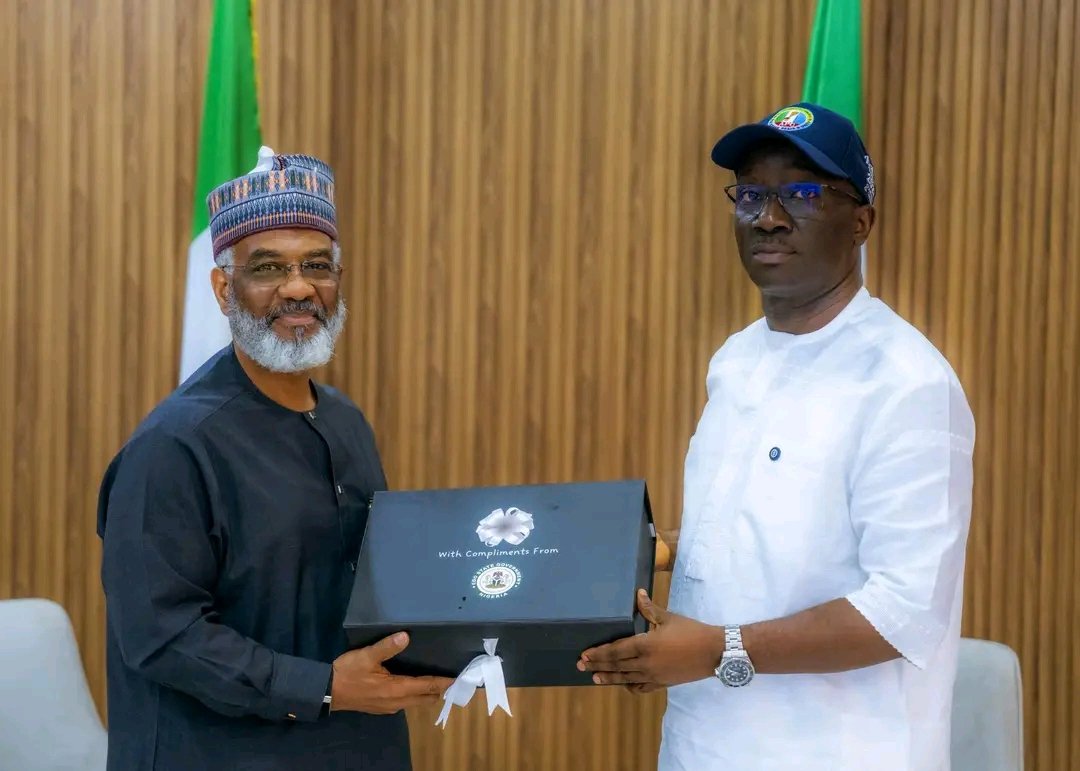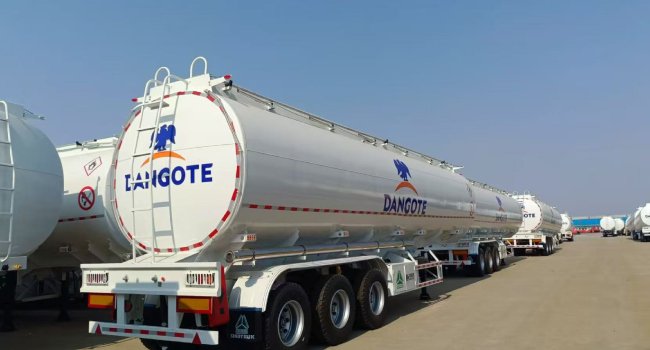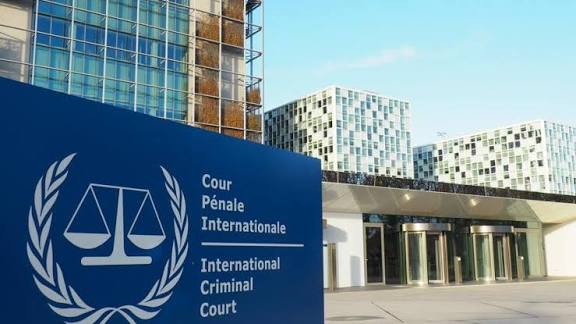What Is Government Doing About Fixing Refineries?
TEMITOPE AJAYI

A pattern has emerged in the arguments many of the partisan and ideological critics routinely make on television stations. There is this tendency to always muddle up facts and mislead the public, notably through willful ignorance.
One point that has been erroneously made is the view that the Federal Government is not doing anything about fixing the four refineries it owns. This view is incorrect.
The Federal Government, through the NNPC in 2021, signed a deal with an Italian company, Maire Tecnimont SpA, for a complete revamp of the two refineries in Port Harcourt at a cost exceeding $1billion. The contract that will be executed in three phases is expected to bring the two refineries to full production capacity. The first phase should have been delivered by April 2023, but the company recently announced a five- month extension. The second and third phases will be delivered in 32 and 44 months respectively. By the contract terms, we should have the two refineries in Port Harcourt fully working by 2025.
In February 2023, the NNPC also signed a $741 million deal with Daewoo Engineering & Construction company to rehabilitate the Kaduna refinery. NNPCL, according to Bloomberg, signed the contract with the South Korean firm. Under the terms of the agreement, Daewoo will restore production at the moribund 110,000 barrels per day facility to at least 60% production capacity by the end of 2024.
It should be said that the facts on the ground decline to support the view that the government is not doing anything to fix the refineries. Nigeria cannot sustain the subsidy regime over the next two years when the rehabilitation of the refineries will be completed.
While it is good to have the refineries fully working alongside the Dangote Refinery, which will eventually make Nigeria a net exporter of refined petroleum products, local refining won’t translate to cheap pump price of petrol. From the pricing template of petrol import, over 90% of the price per litre is determined by price of crude oil in international market. Local refining will only help in reducing pressure on the demand for foreign exchange, eliminate the cost of shipping and port charges which may not translate to more than N10 per litre in savings.
Despite this, the government is pursuing local refinery rehabilitation for energy security and enhancement of crude as stated in the national oil policy.
– Ajayi is Senior Special Assistant to the President on Media & Publicity.
















